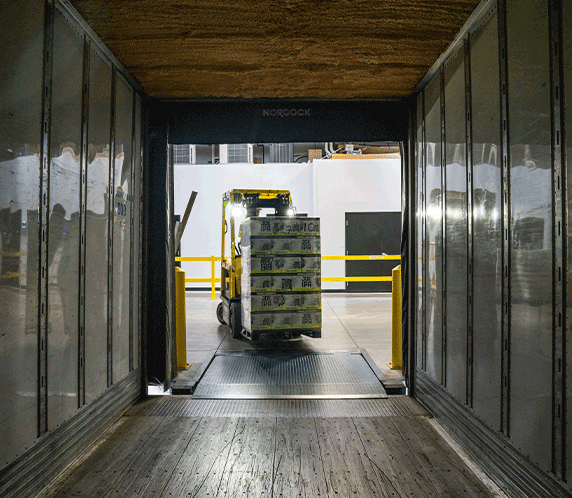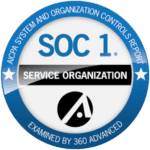Logistics support is paramount for running a successful business. From shipping products or managing warehouses, an effective logistics strategy can make or break your supply chain. In this comprehensive guide, we’ll cover the fundamentals of logistics support and provide tips and strategies for running an efficient operation.
What is Logistics Support?
Logistics support is the coordination of goods from their source to consumption. This involves organizing all activities involved in transportation, storage and distribution. Logistics support is essential for businesses of all sizes and across industries as it helps lower costs, reduce waste production and enhance customer satisfaction.
Key Elements of Logistics Support
Effective logistics support involves several essential elements, such as:
- Planning: This involves selecting the most efficient routes, modes of transportation and schedules for transporting goods from one location to another.
- Transportation: This refers to the actual movement of goods, whether by air, sea, road or rail.
- Warehousing: This involves the storage and management of goods in a warehouse or distribution center.
- Inventory Management: This involves monitoring and controlling inventory levels to guarantee that goods are always available when needed.
- Documentation: This includes creating and managing all necessary paperwork, such as bills of lading, shipping manifests, and customs forms.
Tips for Improving Logistics Support
Here are some improvement tips:
- Utilize Technology: There are various software programs and tools that can simplify logistics operations. Transportation management systems (TMS) help optimize shipping routes and schedules, while warehouse management systems (WMS) help manage inventory levels and enhance order accuracy.
- Communication: Effective communication is paramount for a successful logistics operation. Make sure everyone involved in the process understands the objectives, timelines, and expectations.
- Collaboration: Coordinate with suppliers, carriers and customers to guarantee everyone is on the same page. Collaborating with other stakeholders can improve efficiency and lower costs.
- Continuous Improvement: Logistics support should be an ongoing endeavor, so it’s essential to regularly assess and enhance your operations. Regularly review your processes to identify areas for enhancement.
Logistics support is a crucial element of any successful business. By strategically planning, using technology effectively, communicating clearly, working closely with stakeholders and continuously improving operations, you can ensure an efficient supply chain. With these tips and strategies in place, you’ll be well on the way to achieving logistics excellence.
Frequent Asked Questions:
Why is logistics support essential for businesses?
It’s critical for businesses, as it helps reduce expenses, minimize waste and boost customer satisfaction. A well-executed logistics strategy can make or break a supply chain – essential for any successful business venture.
What are the essential components of logistics support?
It involves planning, transportation, warehousing, inventory management and documentation.
How can technology enhance logistics support?
Technology can enhance logistics support by streamlining operations, optimizing shipping routes and schedules, managing inventory levels, and increasing order accuracy. Common technologies used for this purpose include transportation management systems (TMS) and warehouse management systems (WMS).
How can effective communication help?
Effective communication is paramount to a successful logistics operation. It ensures that all parties involved in the process are aware of objectives, timelines, and expectations. Communicating also helps avoid misunderstandings, delays, and mistakes.
What are some common challenges encountered when providing support?
Logistics support faces many common challenges, such as controlling costs, guaranteeing timely deliveries, optimizing inventory levels, complying with customs regulations and managing operations during peak seasons.
What are the advantages of outsourcing this service?
Outsourcing this type of service can have numerous advantages, such as cutting costs, increasing efficiency, accessing specialized knowledge, and freeing up time and resources to focus on core business operations.
How does it impact customer satisfaction?
It can significantly impact customer satisfaction through timely delivery, accurate order fulfillment, and effective communication. A well-run logistics strategy not only enhances the customer experience, but also builds loyalty among loyal customers.
What role does inventory management play in logistics support?
Inventory management is an essential aspect with this type of support. It involves monitoring inventory levels to ensure that goods are always available when needed. Effective inventory management can reduce waste, cut costs, and boost customer satisfaction levels.
How can continuous improvement help enhance logistics support?
Constant improvement is essential for optimizing support. Regularly reviewing processes, identifying areas for improvement, and making changes can help cut costs, boost efficiency, and enhance the customer experience.
Still not sure if this service is right for you? Contact one of our logistics support specialists today.




